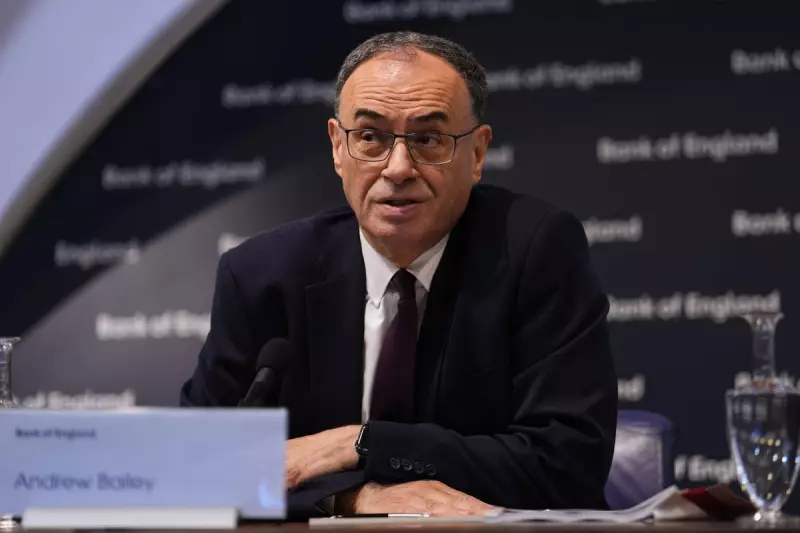
In a sobering assessment that will fuel the ongoing Brexit debate, Bank of England Governor Andrew Bailey has delivered a stark verdict: leaving the European Union has caused permanent damage to the British economy.
The central bank chief acknowledged what many economists have long argued - that Brexit has negatively impacted the UK's trade openness and productivity, with little evidence of the promised economic benefits materialising.
The Import Squeeze
Speaking to Members of Parliament, Bailey revealed that while the overall effect on GDP might appear modest in the data, the reality for specific sectors tells a different story. "We have definitely seen a sharper decline in openness in the UK than in other countries," he stated, pointing to particularly severe consequences for British imports.
The Governor's comments come as the UK continues to grapple with the practical realities of its new trading relationship with the EU, with businesses facing additional paperwork, checks and barriers that have increased costs and complexity.
No Silver Lining
When pressed by MPs about potential Brexit benefits that might offset these economic costs, Bailey offered little comfort. He confirmed that the Bank of England's analysis had failed to identify any significant economic advantages arising from the decision to leave the European Union.
This frank admission challenges the central argument of Brexit proponents who promised that leaving the EU would unleash Britain's economic potential through new trade deals and regulatory freedom.
Broader Economic Context
The Brexit assessment comes amid other challenging economic news for the government. Separate data from the Office for National Statistics shows that nearly half of all UK exporters reported being affected by new trade barriers with the EU.
Meanwhile, the economy continues to face multiple headwinds, including persistent inflation and sluggish growth, complicating the government's efforts to demonstrate that its Brexit strategy is delivering tangible benefits to businesses and households.
Bailey's testimony represents one of the most direct acknowledgments from a senior official that the economic costs of Brexit are becoming increasingly difficult to ignore, setting the stage for renewed political debate about Britain's future relationship with its largest trading partner.





